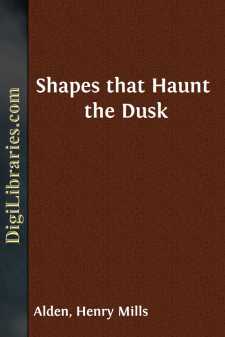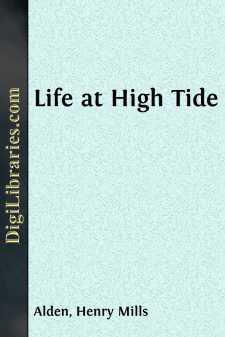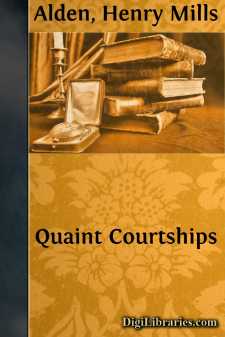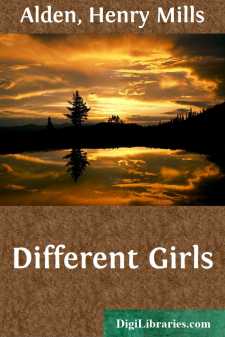Categories
- Antiques & Collectibles 13
- Architecture 36
- Art 48
- Bibles 22
- Biography & Autobiography 813
- Body, Mind & Spirit 142
- Business & Economics 28
- Children's Books 17
- Children's Fiction 14
- Computers 4
- Cooking 94
- Crafts & Hobbies 4
- Drama 346
- Education 46
- Family & Relationships 57
- Fiction 11829
- Games 19
- Gardening 17
- Health & Fitness 34
- History 1377
- House & Home 1
- Humor 147
- Juvenile Fiction 1873
- Juvenile Nonfiction 202
- Language Arts & Disciplines 88
- Law 16
- Literary Collections 686
- Literary Criticism 179
- Mathematics 13
- Medical 41
- Music 40
- Nature 179
- Non-Classifiable 1768
- Performing Arts 7
- Periodicals 1453
- Philosophy 64
- Photography 2
- Poetry 896
- Political Science 203
- Psychology 42
- Reference 154
- Religion 513
- Science 126
- Self-Help 84
- Social Science 81
- Sports & Recreation 34
- Study Aids 3
- Technology & Engineering 59
- Transportation 23
- Travel 463
- True Crime 29
Shapes that Haunt the Dusk
Categories:
Description:
Excerpt
Introduction
The writers of American short stories, the best short stories in the world, surpass in nothing so much as in their handling of those filmy textures which clothe the vague shapes of the borderland between experience and illusion. This is perhaps because our people, who seem to live only in the most tangible things of material existence, really live more in the spirit than any other. Their love of the supernatural is their common inheritance from no particular ancestry, but is apparently an effect from psychological influences in the past, widely separated in time and place. It is as noticeable among our Southerners of French race as among our New-Englanders deriving from Puritan zealots accustomed to wonder-working providences, or among those descendants of the German immigrants who brought with them to our Middle States the superstitions of the Rhine valleys or the Hartz Mountains. It is something that has tinged the nature of our whole life, whatever its varied sources, and when its color seems gone out of us, or, going, it renews itself in all the mystical lights and shadows so familiar to us that, till we read some such tales as those grouped together here, we are scarcely aware how largely they form the complexion of our thinking and feeling.
The opening story in this volume is from a hand quite new, and is, we think, of an excellence quite absolute, so fresh is it in scene, character, and incident, so delicately yet so strongly accented by a talent trying itself in a region hardly yet visited by fiction. Its perfect realism is consistent with the boldest appeal to those primitive instincts furthest from every-day events, and its pathos is as poignant as if it had happened within our own knowledge. In its way, it is as finely imaginative as Mr. Pyle's wonderfully spiritualized and moralized conception of the other world which he has realized on such terms as he alone can command; or as Mrs. Wynne's symphony of thrills and shudders, which will not have died out of the nerves of any one acquainted with it before. Mr. Millet's sketch is of a quality akin to that of Mr. McVickar's slighter but not less impressive fantasy: both are "in the midst of men and day," and command such credence as we cannot withhold from any well-confirmed report in the morning paper. Mr. Rice's story is of like temperament, and so, somewhat, is Miss Hawthorne's, and Mr. Brown's, and Miss Bradley's, while Miss Davis's romance is of another atmosphere, but not less potent, because it comes from farther, and wears a dreamier light.
Such as they severally and differently and collectively are, the pieces are each a masterpiece and worthy the study of every reader who feels that there are more things than we have dreamt of in our philosophy. The collection is like a group of immortelles, gray in that twilight of the reason which Americans are so fond of inviting, or, rather, they are like a cluster of Indian pipe, those pale blossoms of the woods that spring from the dark mould in the deepest shade, and are so entirely of our own soil....





